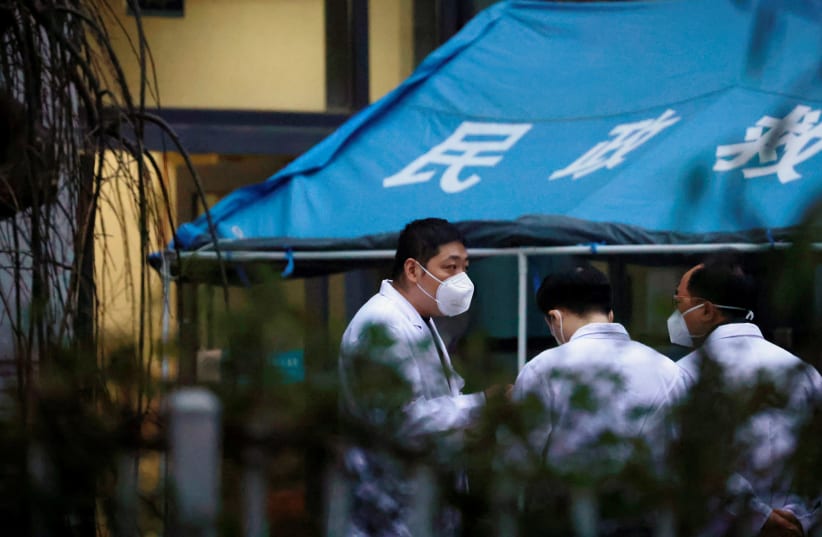WHO official Dr. Katherine O’Brien said that governments everywhere must “crush” COVID-19 as infection rates are currently “out of control,” in a 5-minutes video produced by the health organization to help the public learn more about the novel coronavirus.
Hosted by WHO's Strategy, Planning and Coordination unit head Vismita Gupta-Smith, the video informs the viewers that it’s important to keep social distancing, wear masks and wash hands even after getting the second shot as it’s still unknown for how long the immunity against COVID-19 lasts.O’Brien also pointed to the fact children are not given the vaccine, and so can still get sick and infect others, so social distance measures protect them.
She said it is still unknown if the vaccines only protect the patient from getting sick from COVID-19 or also protect others by not getting it from them. If the vaccine prevents those who get it from spreading COVID-19, it protects those who get it as well as others; if it only protects those who get it from the symptoms of COVID-19, but they can spread the virus to others, social distancing and masks are here to stay.
When asked about how long people around the world will need to wear masks and keep social distancing, she said that "the transmission is just out of control."
"For how long we need to continue these precautions is really going to depend on what communities and countries can do to really crush this virus,” she said – “to crush these transmissions."
In another video in the series, Dr. Peter Ben Embarek explains that it’s important to determine the origins of the virus to prevent future leaps of the virus into the human population. Embarek will lead a study team, which will fly to China and work with Chinese partners to better understand the virus.
He and his team will spend two weeks in quarantine when they reach China before they can explore the sites connected to the virus.
He said that nothing in the genetic make-up of the virus suggests it was lab-made but that it seems to be a natural virus.
"Lab accidents do happen," he added, "and we will look at that hypothesis, among many others."
